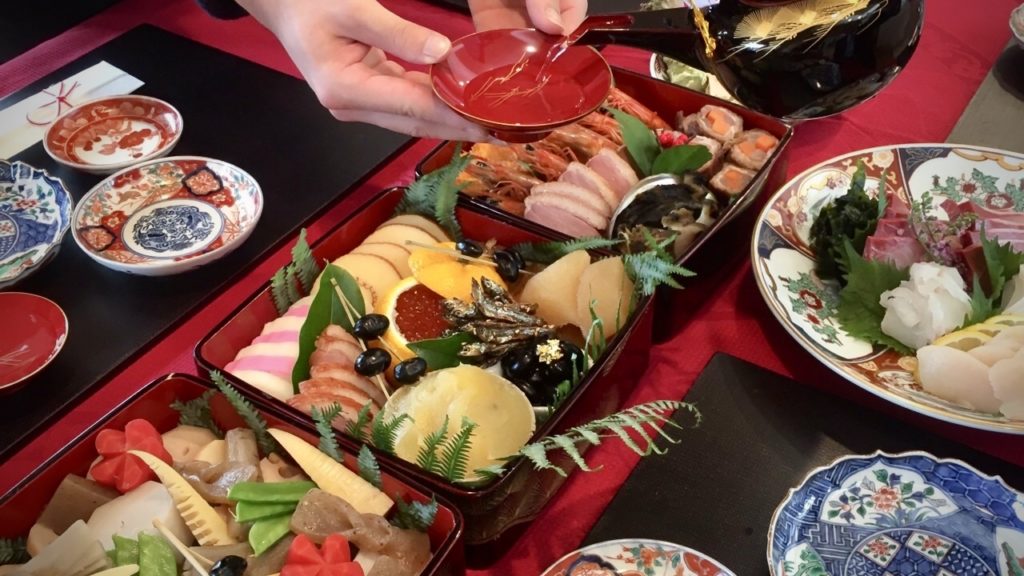
“Washoku”, or Japanese cuisine was added to UNESCO Intangible Cultural Heritage as social customs traditionally rooted in Japan in December 2013. One of the reasons for choosing is its health benefits. Washoku is grubbing attention as one of the leading healthy, longevity food in the world, and now you can easily find Japanese restaurants anywhere in big cities around the world.
So why is the traditional Japanese diet so healthy? We are going to answer your question.
Ingredients
Compare to western foods, traditional Japanese food doesn’t have much animal protein, sugar, and fat.
Seafood
In Japan where is surrounded by the ocean, seafood has had a very close relationship with us.
Generally speaking, fish has lower calories than land animal meat such as beef, nevertheless, they contain plenty of good nutrition, for example, high-quality proteins, calcium, DHA, which activate your brain to increase memory and learning and EPA, which reduce your cholesterol and fat.
Seaweeds may not have been eaten a lot in western culture but has very low calories and pretty high fiber and minerals. Especially soluble dietary fiber, which is contained a lot in seaweeds, helps you a lot for your weight loss and relieving your constipation.
fermented food
In hot and humid Japan, it was easy to produce fermented foods and we have been used for a long time, and in the process, Japanese representative ingredients such as soy sauce and miso were born.
Fermented foods contain a lot of good bacteria and they help you a lot. They improve not only your digestion and absorption but also activate your immune system.
Culture
Eat Various Ingredients at Once
In Japan, we have the expression “一汁三菜” which means soup, rice, one main dish, and two small side dishes.
This tradition promotes you to pack various ingredients into your meal and makes Japanese diets well balanced for your health.
Small dishes of simple, fresh, and seasonal ingredients will be mixed in your stomach and provide rich nutrients and may provide numerous health benefits, including improved weight loss, digestion, longevity, and overall health.
Healthy Cooking Methods
In traditional Japanese cooking, we often use boiling, simmering and steaming and these ways to cook don’t require oil.
Weakness
While seemingly Japanese food is so healthy, but we also have some problems at the same time. Traditionally it contains too much sodium, little calcium, and many white carbs. Moreover, modern Japanese food has been influenced a lot by western culture and getting high in calories and has many less healthy deep-fried dishes, so we need to pay attention to the balance of our plate more than ever.
